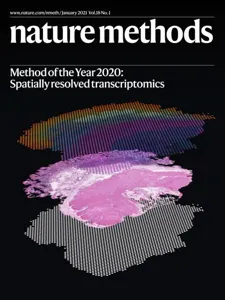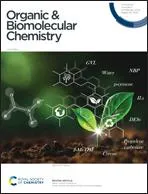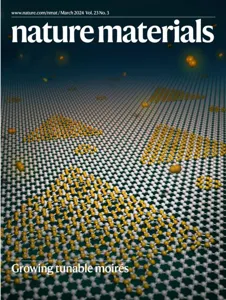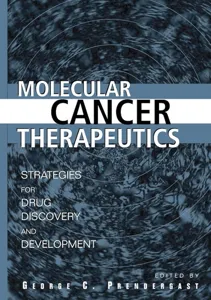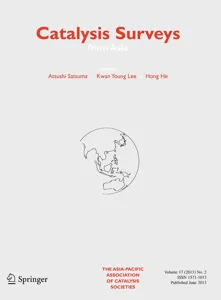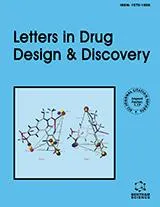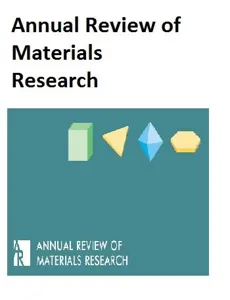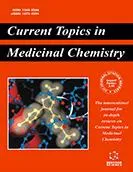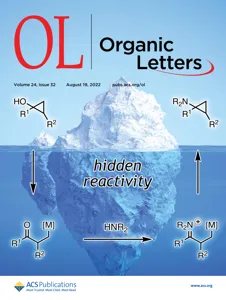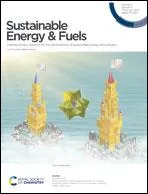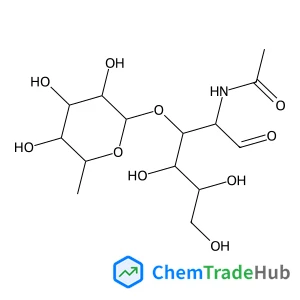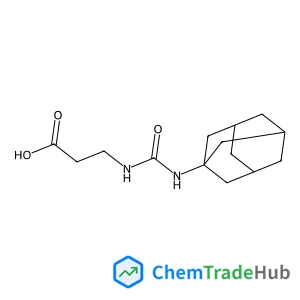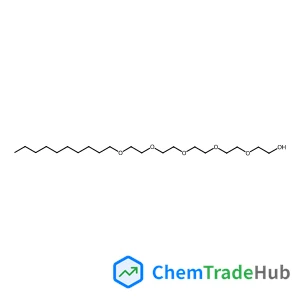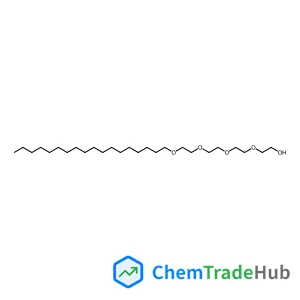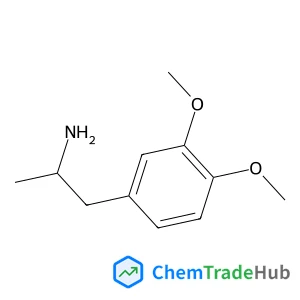In situ formed graphene nanosheets enhance bidirectional electron transfer in bioelectrochemical systems
Literature Information
Bioelectrochemical systems (BES) possess great potential for simultaneous wastewater treatment and energy recovery. However, the low bacteria loading and low electron transfer efficiency between biofilms and electrodes significantly limit the performance of BES and hence their practical applications. In this study, we constructed a graphene-modified electrode by utilizing an electrochemical exfoliating approach to form graphene nanosheets in situ atop a graphite electrode. These graphene nanosheets, which strongly anchored on the graphite base without the assistance of binders, significantly improved the biocompatibility and electron transfer of graphite. The proposed electrode delivered a 2.9-fold increase in the outward current (electron flux from bacteria to electrodes) and 10-fold increase in the inward current (electron flux from electrodes to bacteria) compared with the natural graphite electrode. This study presents a simple and cost-effective method to fabricate graphene-modified electrodes that hold great promise in BES applications.
Related Literature
IF 4.616
Direct comparison of fatty acid ratios in single cellular lipid droplets as determined by comparative Raman spectroscopy and gas chromatographyIF 4.616
Peroxide induced ultra-weak chemiluminescence and its application in analytical chemistryIF 4.616
A simple and novel system for colorimetric detection of cobalt ionsIF 4.616
Secondary structure of proteins analyzed ex vivo in vascular wall in diabetic animals using FT-IR spectroscopyIF 4.616
Preparation of porous polymer monolithic column using functionalized graphene oxide as a functional crosslinker for high performance liquid chromatography separation of small moleculesIF 4.616
Liquid–liquid extraction assisted by a carbon nanoparticles interface. Electrophoretic determination of atrazine in environmental samplesIF 4.616
A protein nanofiber hydrogel for sensitive immunoassaysIF 4.616
Realizing nano electrospray ionization using disposable pipette tips under super atmospheric pressureIF 4.616
An analytical quality solid-state composite reference electrodeIF 4.616
Source Journal
Recommended Compounds
Recommended Suppliers
 Electromediciones Kainos, S.A.
Electromediciones Kainos, S.A. AAPPTec, LLC
AAPPTec, LLC Rixius AG
Rixius AG Hanwha Q CELLS GmbH
Hanwha Q CELLS GmbH Shanghai Mingying Mold Materials Co., Ltd.
Shanghai Mingying Mold Materials Co., Ltd. Shijiazhuang Senye Chemical Co., Ltd
Shijiazhuang Senye Chemical Co., Ltd Representaciones ALFIL C.A.
Representaciones ALFIL C.A. Chongqing Medical Industry Institute Pharmaceutical Co., Ltd.
Chongqing Medical Industry Institute Pharmaceutical Co., Ltd. Lanson Laboratory Equipment Co., Ltd
Lanson Laboratory Equipment Co., Ltd VALLE-UNIÓN, S.L.
VALLE-UNIÓN, S.L.

